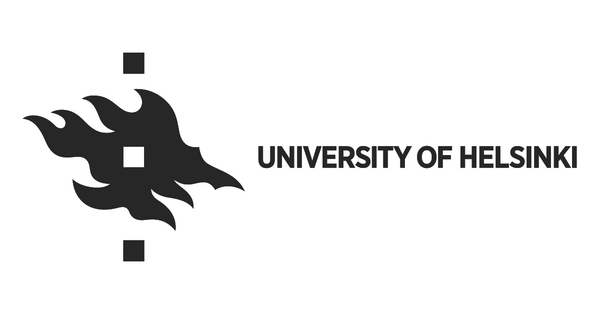University of Helsinki: Conservation paradox – the pros and cons of recreational hunting
In a new article published in the journal One Earth, scientists from the University of Helsinki in Finland and Flinders University in Australia have reviewed more than 1,000 studies on recreational hunting. This is the first attempt to summarize the scientific literature examining the biodiversity and social effects of recreational hunting globally.
“We used automated approaches to investigate and summarize the main topics surrounding recreational hunting. This also allowed us to determine the geographic spread and diversity of species hunted around the globe”, says Professor Corey Bradshaw from Flinders University.
“Drawing on these topics, we considered both the positive and negative implications of recreational hunting for nature conservation and the livelihoods and well-being of people”, he continues.
Hunting research has focused mainly on the behaviour and population dynamics of large mammals in North America, Europe and Africa. Evidence is still lacking, however, to answer the pressing questions of why hunting contributes to sustainable conservation of biodiversity in some places and not others.
“Two-thirds of the hunting research is focussed on mammals. Red deer, white-tailed deer, wild boar, moose and lion are the most well-studied. Of these species, only lion is of conservation concern, with many recommendations on how hunting can be made sustainable through hunting quotas or seasonal limits”, says co-lead author of the study Dr Hayley Clements from the University of Helsinki.
“Far less research has tried to examine the broader impacts of hunting on ecosystem integrity and function, and how it affects the livelihoods of local people, or to document local people’s perceptions about hunting”, she continues.
For example, approximately 1,394,000 km2 of land is dedicated for trophy hunting in sub-Saharan Africa, yet we lack research on how effective these areas are in conserving ecosystems, and how local communities benefit from hunting. Future research should focus on the contribution of recreational hunting towards meeting both biodiversity and social objectives.
“We have outlined a research agenda to assess the role of recreational hunting in diverse social-ecological systems, and to consider local people’s values and needs. The need for such evidence is urgent given declining numbers of recreational hunters in some regions and increasing opposition to trophy hunting in others”, says Associate Professor Enrico Di Minin, the other co-lead author of the study who leads the Helsinki Lab of Interdisciplinary Conservation Science at the University of Helsinki.
“We should also expand research beyond charismatic and common species to better assess the impact of recreational hunting on threatened and less charismatic species”, he concludes.

